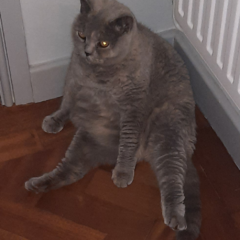"How many watts do I need"? Check Here!
- Prev
- 17
- 18
- 19
- 20
- 21
- 22
- 23
- 24
- 25
- 26
- 27
- Next
- Page 22 of 31
- Prev
- 17
- 18
- 19
- 20
- 21
- 22
- 23
- 24
- 25
- 26
- 27
- Next
- Page 22 of 31

This topic is now closed to further replies.
Share
Followers
45







-2.thumb.jpg.bef7b20f2cd2e9f52d4edbbe5c26d90c.jpg)










